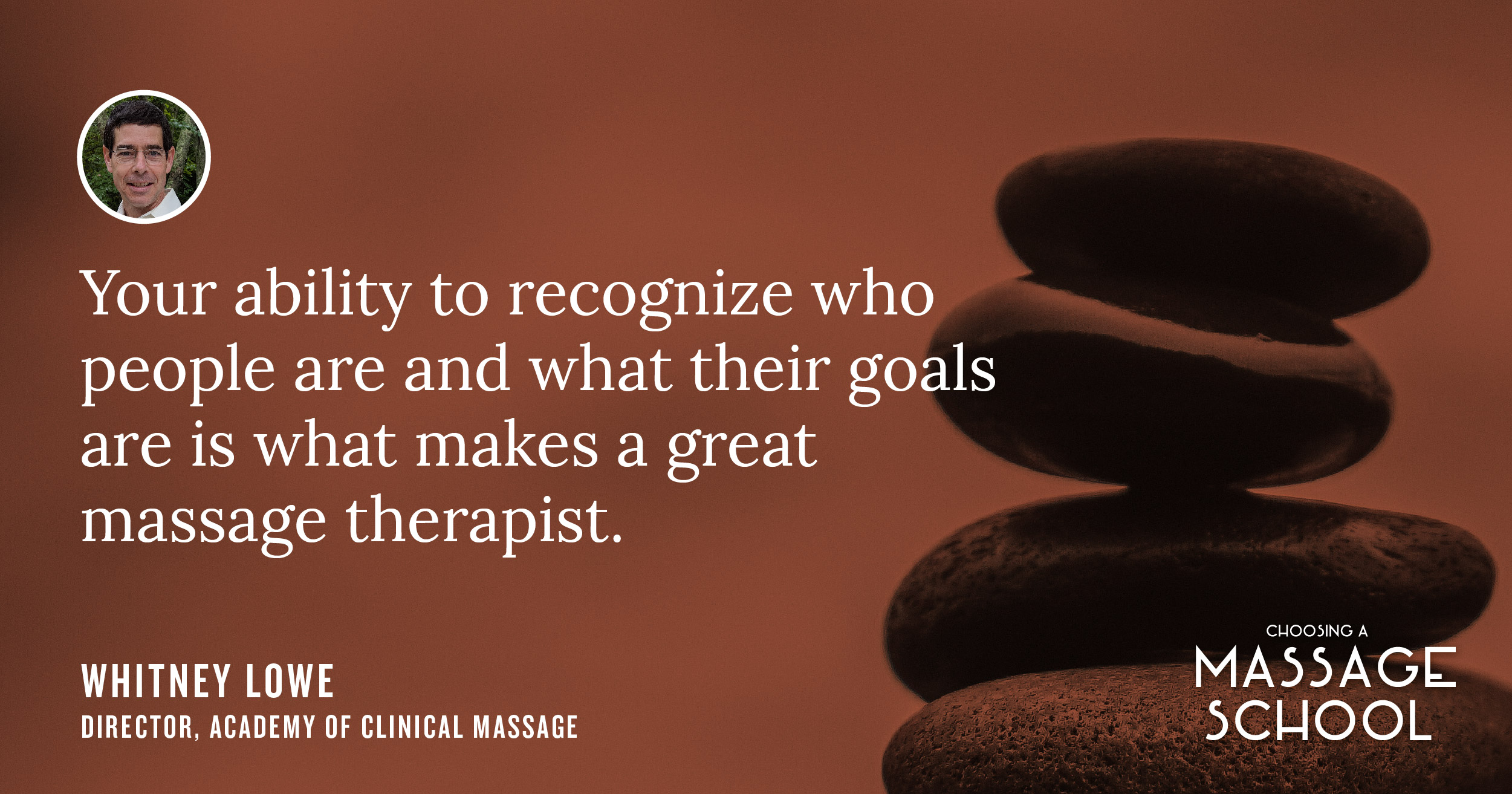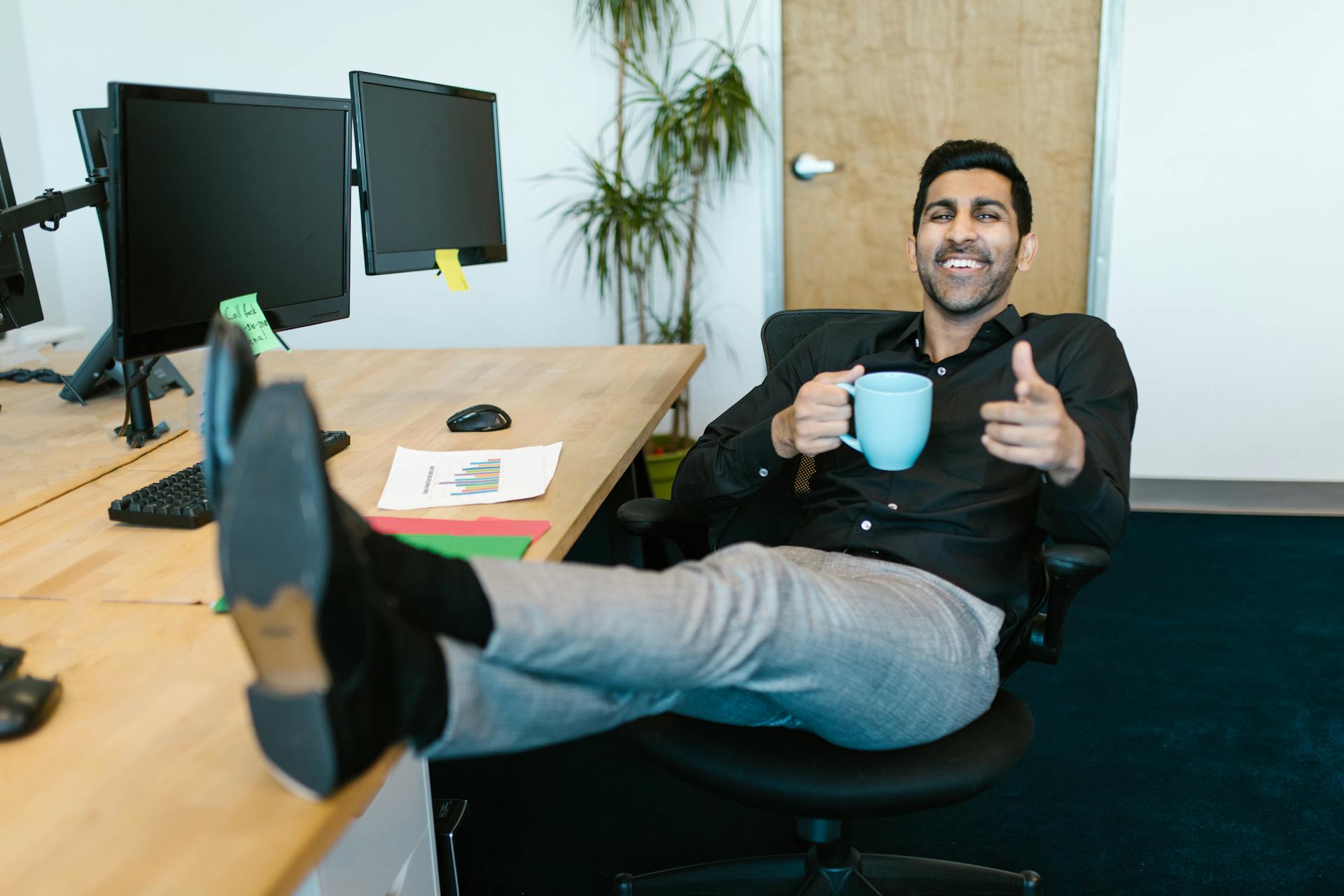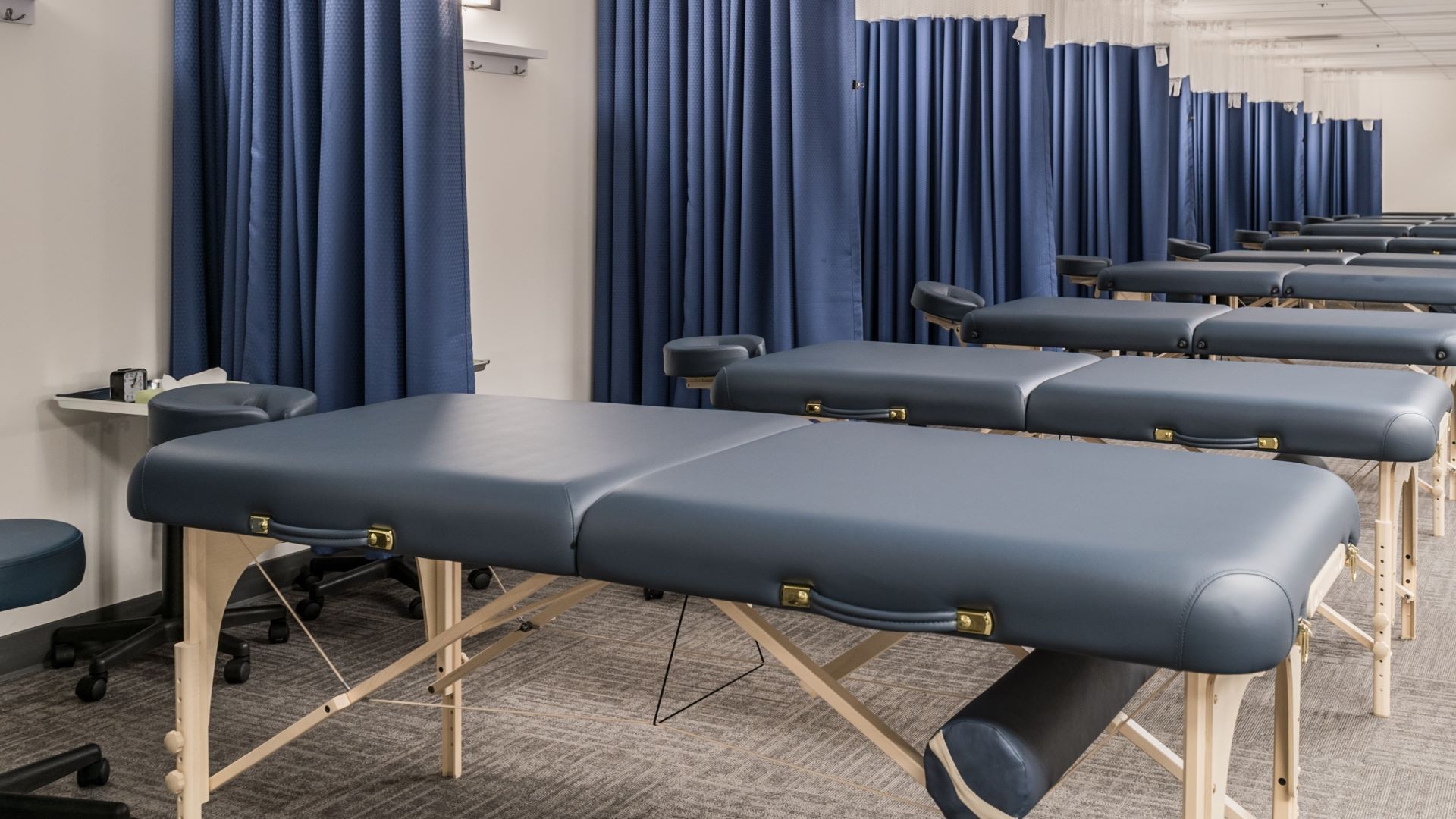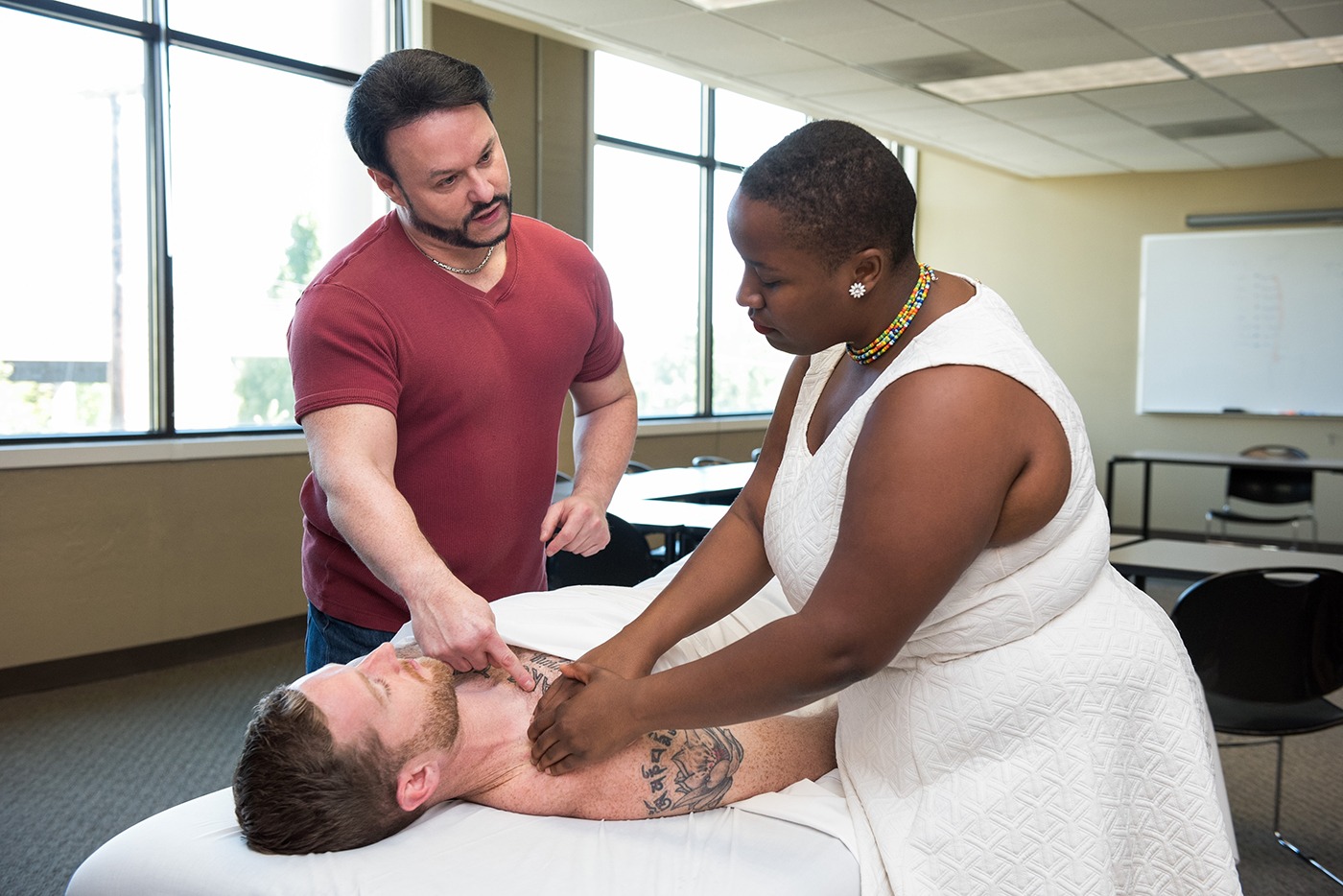Selecting from therapeutic massage schools is no easy task, particularly when one is a newcomer to the massage therapy world. What distinguishes the best massage therapy schools? And how can one decide which schools to apply to? The Choosing a Massage School Podcast is a great resource for answering these questions and more. It features interviews with some of the most established figures in massage therapy. Because the interviews are rich with resources for the massage school aspirant, we’re examining each one in a separate post. Today’s featured speaker is Whitney Lowe.
With over three decades of experience in massage therapy, Whitney Lowe is a leader in the field. As the director of the Academy of Clinical Massage, he focuses on pain management, massage therapy assessment techniques, and teaching in an accessible way so that anyone can understand.
An established author in the field, Whitney has contributed to countless articles and texts. He wrote the first accessible massage therapy textbook on assessment, Orthopedic Assessment in Massage Therapy, as well as Functional Assessment in Massage Therapy. He is a regular contributor to industry magazines including Massage Today and Massage Magazine.
Whitney’s teaching style blends patience, compassion, and fun, so that everyone can learn. In his Orthopedic Massage online certificate program, Whitney pioneered the use of online education techniques in massage therapy education.
He has earned many accolades during his illustrious career, including the Oregon AMTA Licensed Massage Therapist of the Year (2001), the Alliance for Massage Therapy Education CE Educator of the year (2014) and the Massage Therapy Foundation Humanitarian Award (2015.)
If you’re considering applying to massage school, we encourage you to listen to the Whitney Lowe interview podcast in its entirety. (Below, we’ve linked to the interview through various platforms.) Here are some key takeaways from the first third of this discussion:
What are some of the best things about the massage therapy profession?
Diversity of pathways. There are many different avenues that a massage therapist can pursue, from sports massage to medical massage. Lowe highlights that there are few other industries that offer such diversity with so little inspirational educational expense.
Capability to Change Lives. The chance to change a person’s life experience through what you do with your hands is profound.
What was Whitney Lowe’s path to the massage therapy profession?
Whitney Lowe was studying the Mind/Body connection in the mid-eighties, when he found himself burning out on his graduate psychology program. At this point he was introduced to the massage therapy profession, and decided to attend massage therapy school to better understand the body, while earning enough to finish graduate school. As he describes it, while in massage therapy school he became so “entranced with what was going on in that [the massage therapy] profession, that [he] never went back to finish his graduate program, and [he’s] been doing massage ever since.” Eventually he became interested in medical massage, and started learning from orthopedic experts to develop massage treatment for pain injury.
What should you look for as a good base level of education for massage?
Whitney recognizes that a strong foundation in massage education is a critical factor in the efficacy of your massage therapy, and the overall success of your massage career. So what does he recommend for sussing out the best massage programs?
- Talk to graduates of the school. Their first hand accounts of the program, and how it has impacted their careers, will be invaluable.
- Look for experience. Instructors should be well established in the field.
Whitney emphasizes that massage school quality is influenced by multiple factors, including massage education supply and demand, massage education laws, and curriculum design. He recounts that there was an explosion of growth in the number of people seeking massage therapy programs in the late 1990’s and early 2000s. As a result, a plethora of new schools opened at this time, and peaked around 2005 with about 1,600 schools in the US. The bottom line is that there were simply not enough qualified experts to teach in those schools. Unfortunately, there was a decline in the overall quality of base level education as a result. Whitney highlights that applicants should therefore be extremely diligent in asking about the staff longevity, experience, and qualifications.
What advice do you have for success in a massage therapy career?
“Your ability to recognize who people are and what their goals are is what makes a great massage therapist.”
“Whenever I get burned out, I reconnect with my mission: trying to heal pain in the world.”
Keep your eye on the “why” – recognizing your purpose as a massage therapist will prevent you from giving up.
We’ve pulled highlights from the first ten minutes of the podcast, and encourage you to listen to it in its entirety to best use Whitney’s advice on finding the best massage schools, and ultimately enjoying a steady, rewarding career in massage. See below for links to this interview on various platforms:




